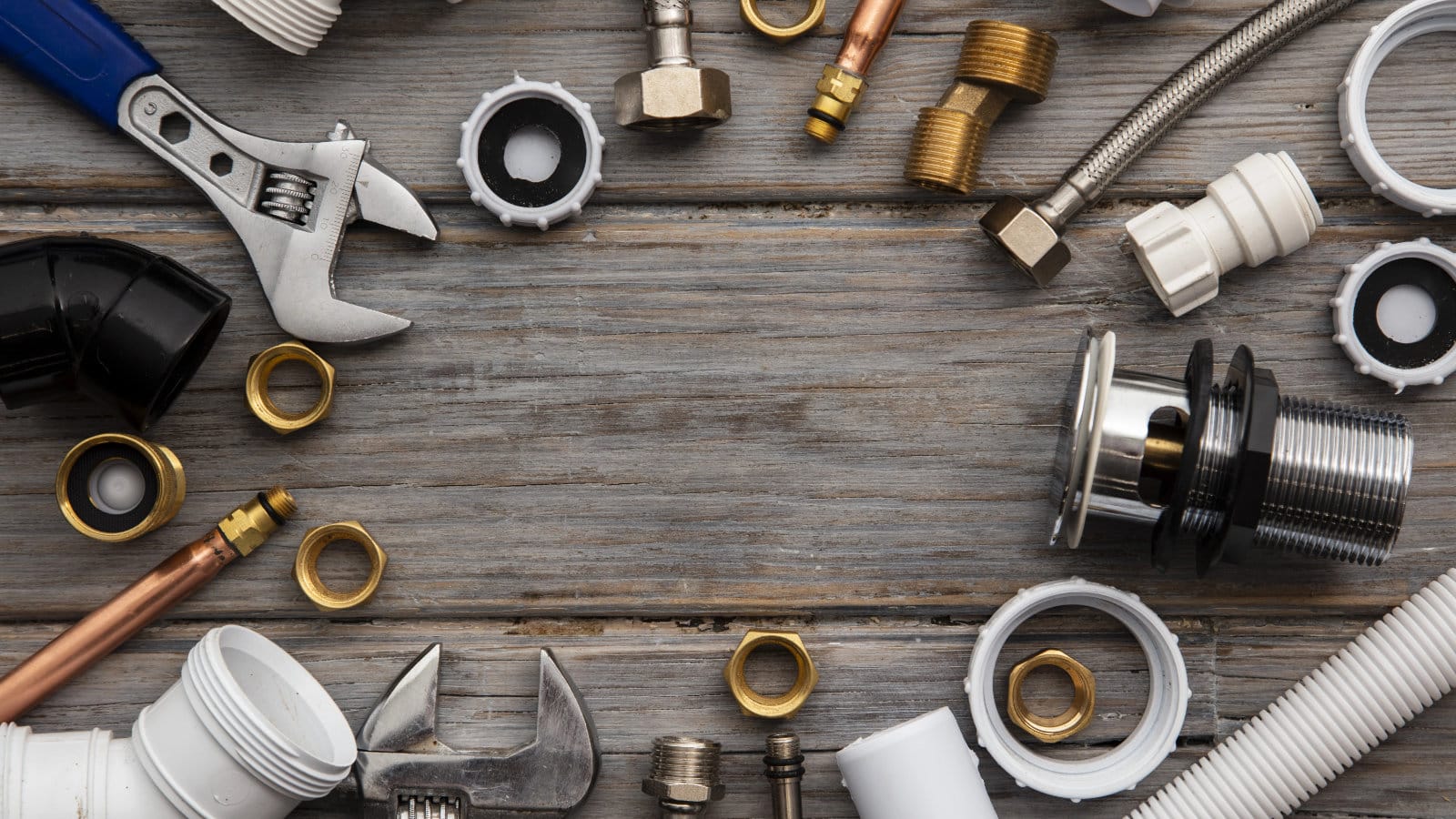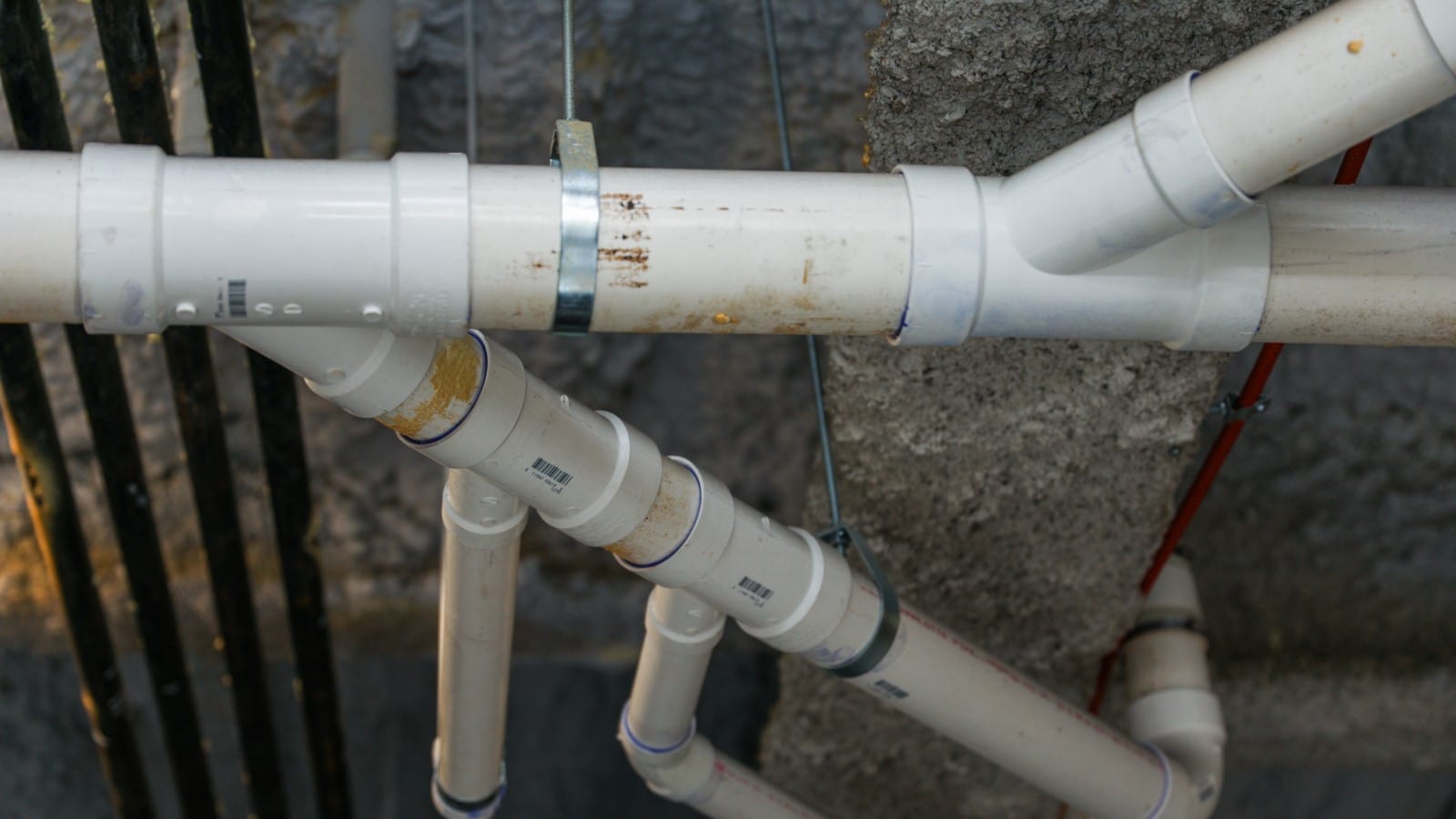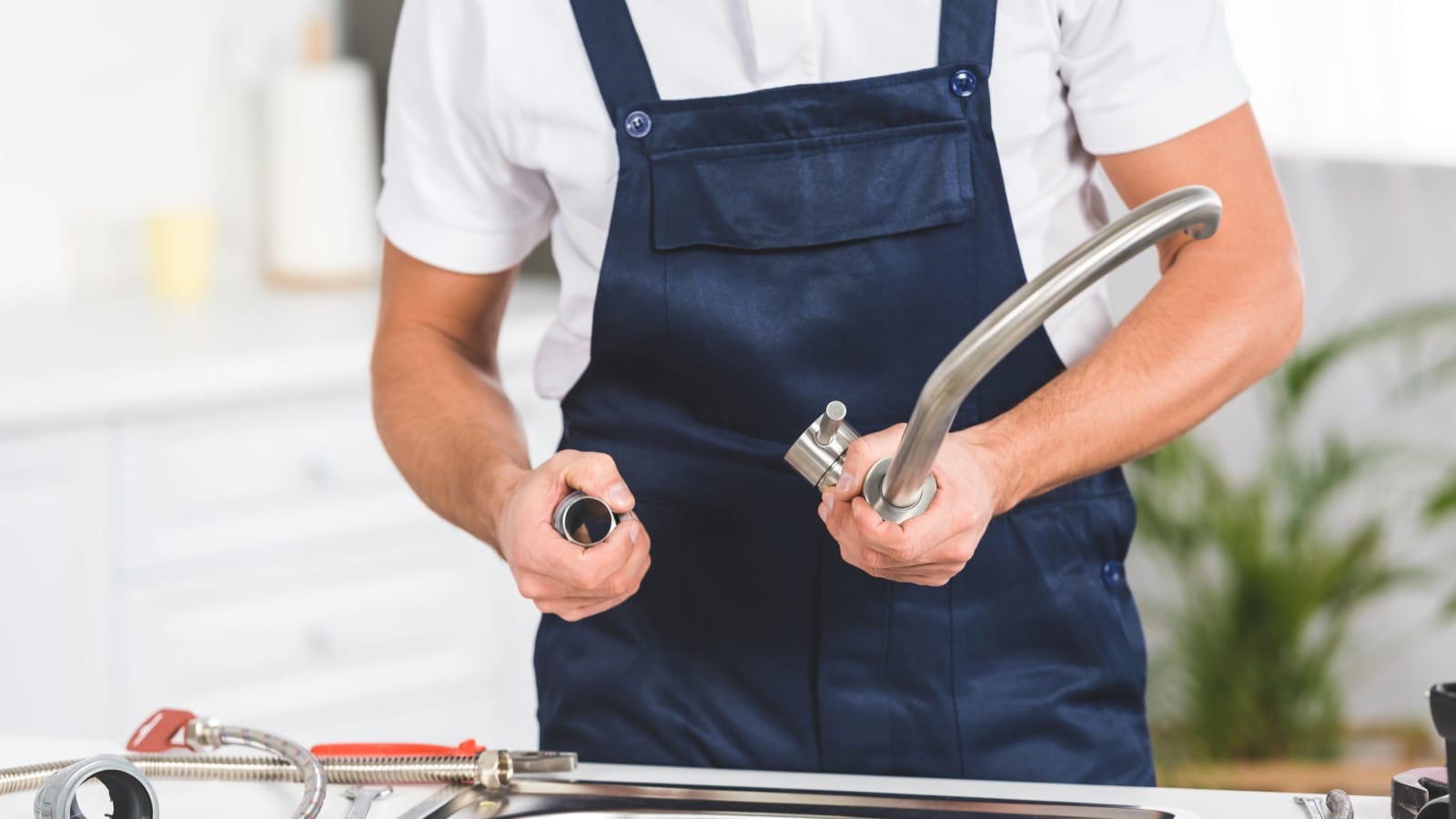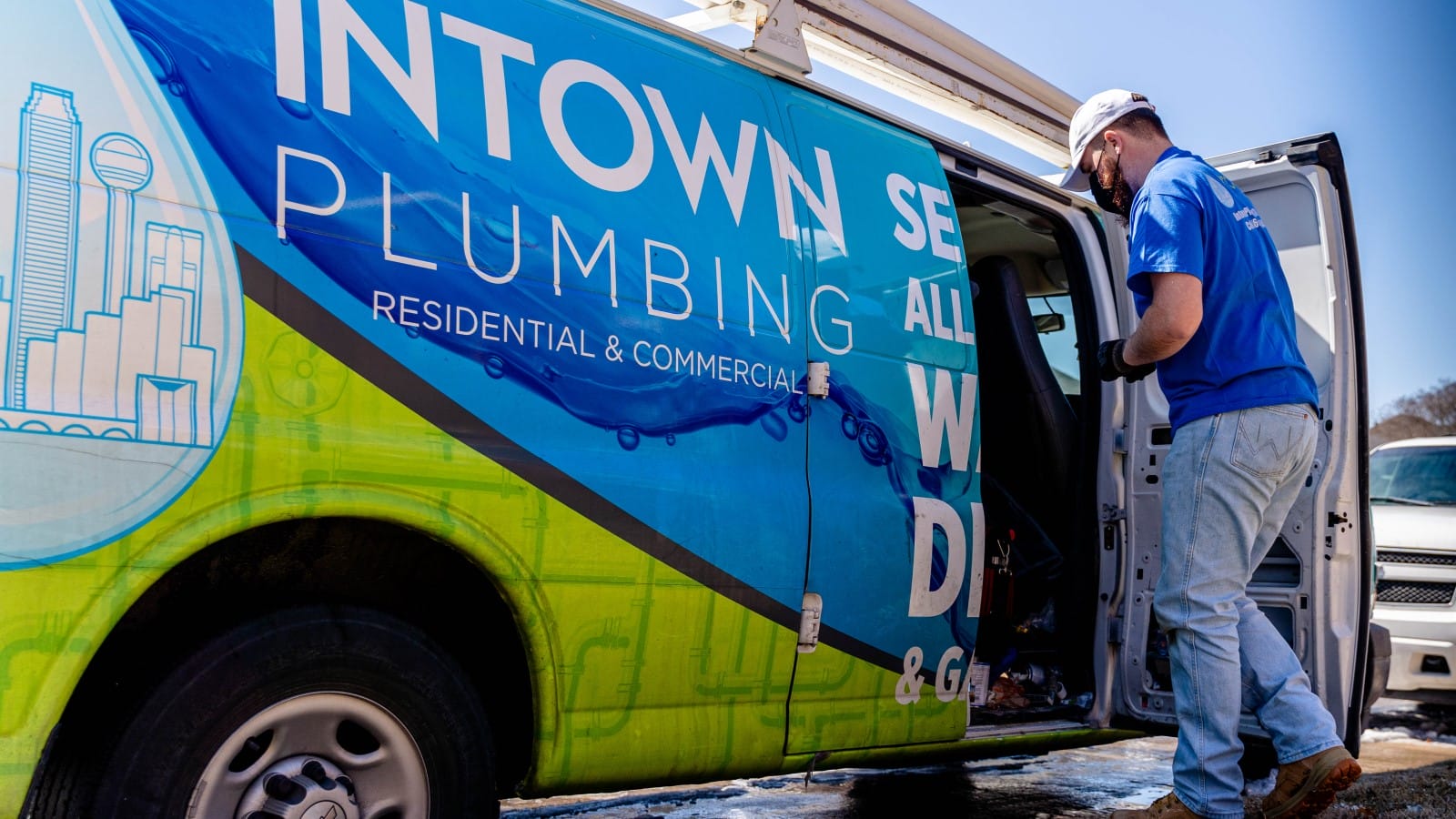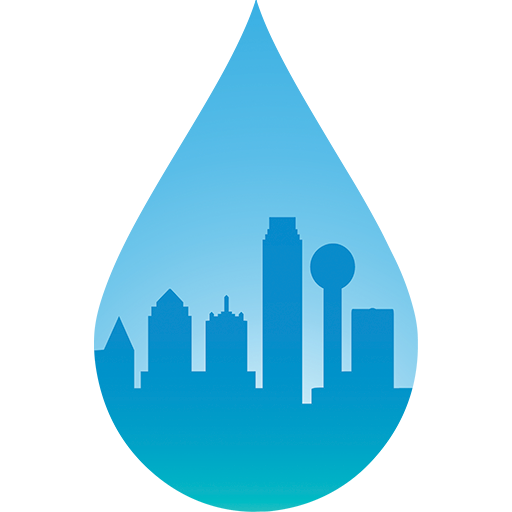Welcome to the ultimate homeowner’s guide to plumbing! Have you ever faced a plumbing issue at home and wondered, “Could I fix this myself?” or realized you didn’t know the first thing about your home’s plumbing system? This article dives deep into home plumbing, offering you knowledge that ranges from basic to advanced tips on maintenance and repair.
What You Will Find Out
- The crucial components of your plumbing system and how they work together to provide clean water and dispose of waste efficiently.
- Simple DIY plumbing repairs every homeowner can undertake to save money and avoid emergency calls.
- When it’s time to call in the pros: Identifying plumbing problems that require professional intervention.
- Advanced tips to enhance your home’s plumbing efficiency and sustainability through innovative technologies and eco-friendly practices.
This guide is designed to demystify the complex network of pipes and fixtures that make up your plumbing system, providing practical advice to keep your water flowing and your home safe. So, grab your tools, and let’s dive into the world of plumbing!
Plumbing System Overview: A Complete Guide for Every Homeowner
Understanding the intricacies of your home’s plumbing system is key to maintaining a functional and efficient household. Here’s a comprehensive overview to keep your plumbing in top shape:
The Anatomy of a Home Plumbing System
- Main Components: Your plumbing network consists of vital parts such as pipes, drains, valves, and fixtures, all designed to manage water flow effectively.
- Primary Functions:
- Clean Water Delivery: Ensures hot and cold water is accessible throughout your home.
- Wastewater Disposal: Removes used water and sewage efficiently, safeguarding your home’s hygiene and comfort.
How Water Supply Works
- Source of Water:
- Municipal Water Supply: Connected to the city water, providing a consistent flow into your home.
- Well Water: Utilizes a private well, requiring different maintenance and quality checks.
- Water Meter Usage: A crucial tool for monitoring consumption and detecting leaks early.
Understanding Your Home’s Drainage System
- Efficient Wastewater Removal: Explains the synergy between drains and the sewer system to prevent backups and maintain cleanliness.
- Venting System: Crucial for preventing backflow and ensuring smooth water flow by balancing air pressure within the pipes.
To maintain your home’s plumbing system effectively:
- Regularly check water lines for signs of wear or leakage.
- Be proactive in calling a plumber for periodic inspections to catch potential plumbing problems early.
- Understand how to shut off the water in emergencies to prevent damage.
- Use strainers to keep grease, hair, and other debris out of drains, minimizing clogs.
By familiarizing yourself with these fundamental aspects of home plumbing, from the initial water supply to the intricacies of the drainage and vent systems, you can ensure your household runs smoothly. Regular maintenance and understanding when to seek professional plumbing services can prevent common plumbing issues, ensuring peace of mind and the longevity of your home’s water systems.
Key Plumbing Components and Essential Maintenance Tips
Understanding the core components of your plumbing system—toilets, sinks, and faucets—and knowing how to maintain them can prevent common issues like leaks and clogs, ensuring your home runs smoothly. Here’s how to keep these essential fixtures in top condition:
- Routine Checks: Regularly inspect for leaks or slow drains, indicative of plumbing problems that need attention.
- Proper Use: Avoid flushing anything besides waste and toilet paper to prevent clogs, and use strainers in sinks to catch debris.
- Professional Maintenance: Annually servicing your water heater—whether tank or tankless—can prevent the dreaded cold shower and extend its lifespan. Know when to call a professional for installations or repairs to ensure it’s done right.
Incorporating plumbing 101 knowledge into your home care routine is vital. Every homeowner needs to know these basics to manage their residential plumbing needs effectively. From understanding the parts of your plumbing system that make up your home water supply to tackling emergency plumbing situations, a little knowledge goes a long way in maintaining the health of your home’s plumbing infrastructure.
Knowing When to Call a Professional Plumber
Understanding when to seek the expertise of professional plumbing services is crucial for maintaining the integrity of your home’s plumbing system. Here’s how to identify the need for professional help:
Identifying Plumbing Emergencies
- Burst Pipes & Severe Leaks: Immediate action is required to prevent water damage. These issues can disrupt your main water supply and compromise the structure of your home.
- Expert Assessment: A professional plumber can efficiently diagnose and repair problems, ensuring your plumbing system operates smoothly.
The Importance of Regular Plumbing Maintenance
- Preventative Strategies: Routine inspections can avert significant repairs, saving you money and inconvenience in the long run.
- What to Expect: During a professional inspection, expect thorough checks of your plumbing fixtures, water supply valve, main water line, and appliances like the washing machine to ensure everything functions correctly.
Regular maintenance and knowing when to call in a professional can prevent common plumbing issues from escalating into emergencies, ensuring your home stays dry and your water flows as it should.
DIY Plumbing Basics for Every Homeowner
Empower yourself with DIY plumbing skills to manage minor repairs at home, ensuring a smoothly functioning plumbing system. Equipping yourself with the right tools and supplies, such as wrenches, plungers, pipe cutters, Teflon tape, washers, and seals, is the first step towards tackling common plumbing tasks confidently.
Tackling Simple Repairs on Your Own
- Fixing Dripping Faucets: Learn the process to address this common issue, ensuring your hot water system remains efficient and leak-free.
- Unclogging Drains: Explore natural remedies and manual techniques to keep your drain water flowing freely, preventing backups and maintaining the integrity of your home’s plumbing system.
By understanding how to perform these essential tasks, homeowners can prevent common plumbing problems, maintain their hot water supply, and ensure that clean water enters their homes without interruption. Knowing how to manage your home’s drain water and vent system can save you time and money while keeping your home’s plumbing in peak condition.
Advanced Plumbing Tips for the Savvy Homeowner
Elevate your home’s efficiency and sustainability with these advanced plumbing strategies:
Outdoor Plumbing Mastery
- Seasonal Care: Implementing seasonal maintenance for outdoor faucets and sprinkler systems ensures longevity and efficiency, preventing common issues like leaks or frost damage.
- Problem Solving: Quickly identifying and addressing outdoor plumbing problems keeps your system in optimal condition, preventing water waste and potential damage.
Embracing Modern Plumbing Innovations
- Smart Plumbing Solutions: Incorporating leak detectors and smart water heaters into your home plumbing system offers convenience, efficiency, and peace of mind, automatically monitoring for issues and optimizing water heating.
- Eco-friendly Practices: Installing low-flow fixtures and adopting water conservation methods significantly reduce water usage and lower utility bills, contributing to a sustainable living environment.
Incorporating these tips into your plumbing maintenance and upgrade plans can enhance your home’s functionality, promote sustainability, and potentially prevent costly repairs.
Master Your Home’s Flow: Essential Plumbing Solutions for Drains, Toilets, and More
As we wrap up this comprehensive journey through home plumbing essentials, let’s take a moment to reflect on the critical insights shared:
- Understanding Your Plumbing System: Familiarize yourself with the main components and functions, from clean water delivery to wastewater disposal.
- DIY Plumbing Repairs: Gain confidence in tackling simple fixes, like dripping faucets and clogged drains, to maintain an efficient hot water system.
- When to Call the Pros: Recognize scenarios that require professional expertise, especially during plumbing emergencies that could risk water damage.
- Preventive Measures: Learn the importance of regular maintenance checks and how to proactively avoid common plumbing issues.
By embracing these guidelines, you ensure your home’s plumbing system remains in top condition, safeguarding both your comfort and your investment. Here’s to smoother flows and fewer leaks in your plumbing adventures!
